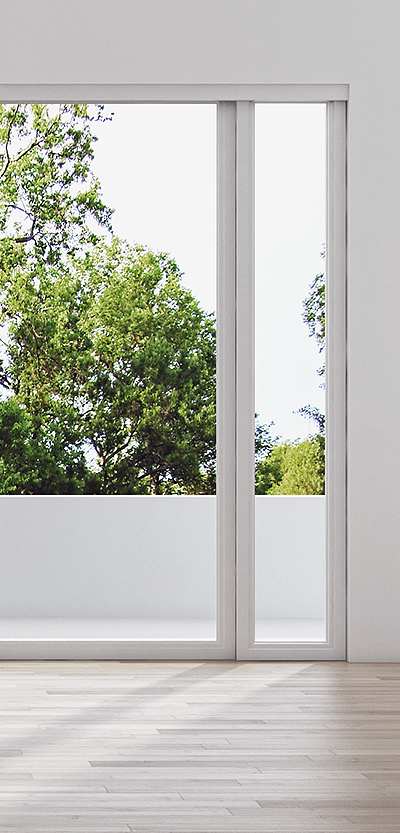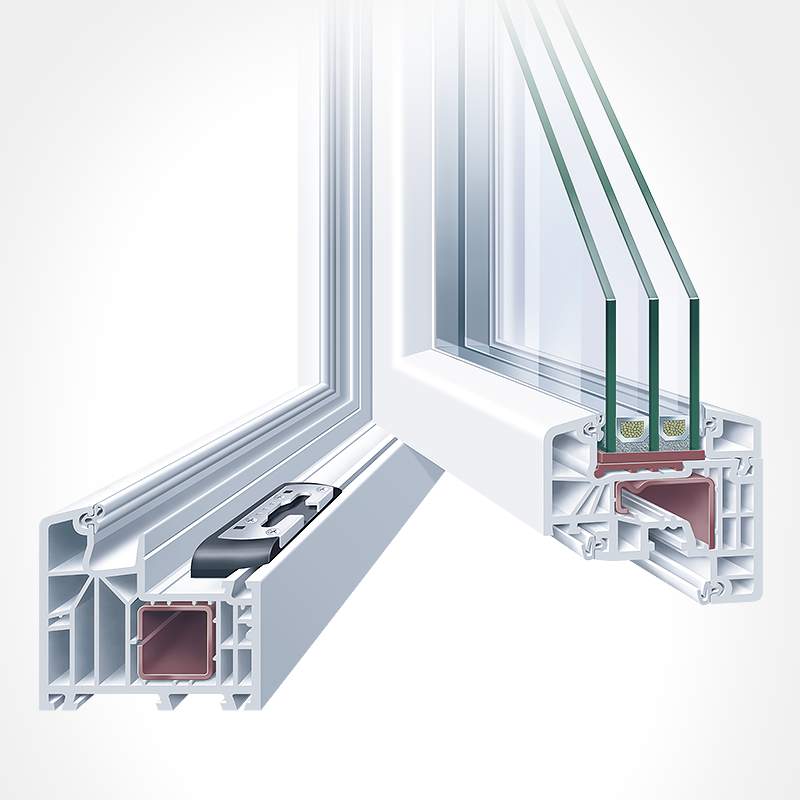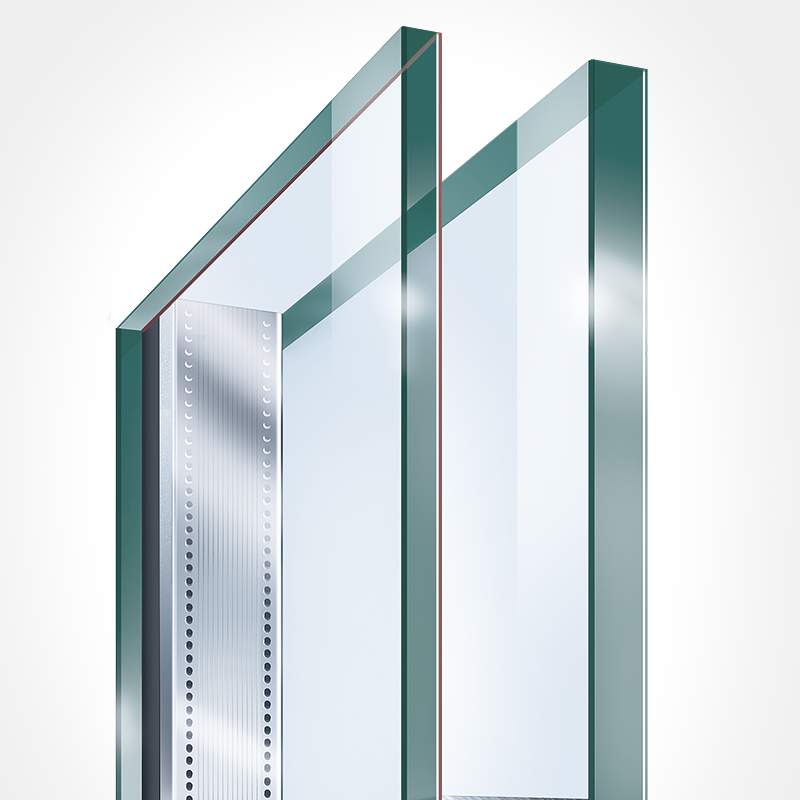Soundproof Windows
Create a Sanctuary from Noise Pollution
Whether you live in an urban, suburban or rural area, rising noise levels make noise pollution nearly impossible to avoid. It comes in many forms including loud neighbours, barking dogs, traffic, railroads, airports, sirens, crowds and more. Long term exposure to constant loud noise does not just degrade your quality of life, but is proven to be unhealthy. Neuffer offers custom built soundproof windows featuring special noise reducing glazing. Learn more about how soundproofing works and what level is appropriate for your home.
How Does Sound Work?
To have a better idea how to reduce sound, it helps to understand a little bit about how it works. Technically speaking, sound is a pressure wave that travels through a medium such as air via vibrations. These vibrations are translated by your ear into electrical signals and then perceived as noise that we measure in decibels. For a better idea of their practical meaning, here is a short table with common sounds and their level.
| Decibels | Activity |
|---|---|
| 10 dB | A person breathing |
| 50 dB | A conversation at home |
| 70 dB | A vacuum cleaner |
| 90 dB | A jet approximately 1.6 km (1 mile) away |
| 110 dB | A music concert |




